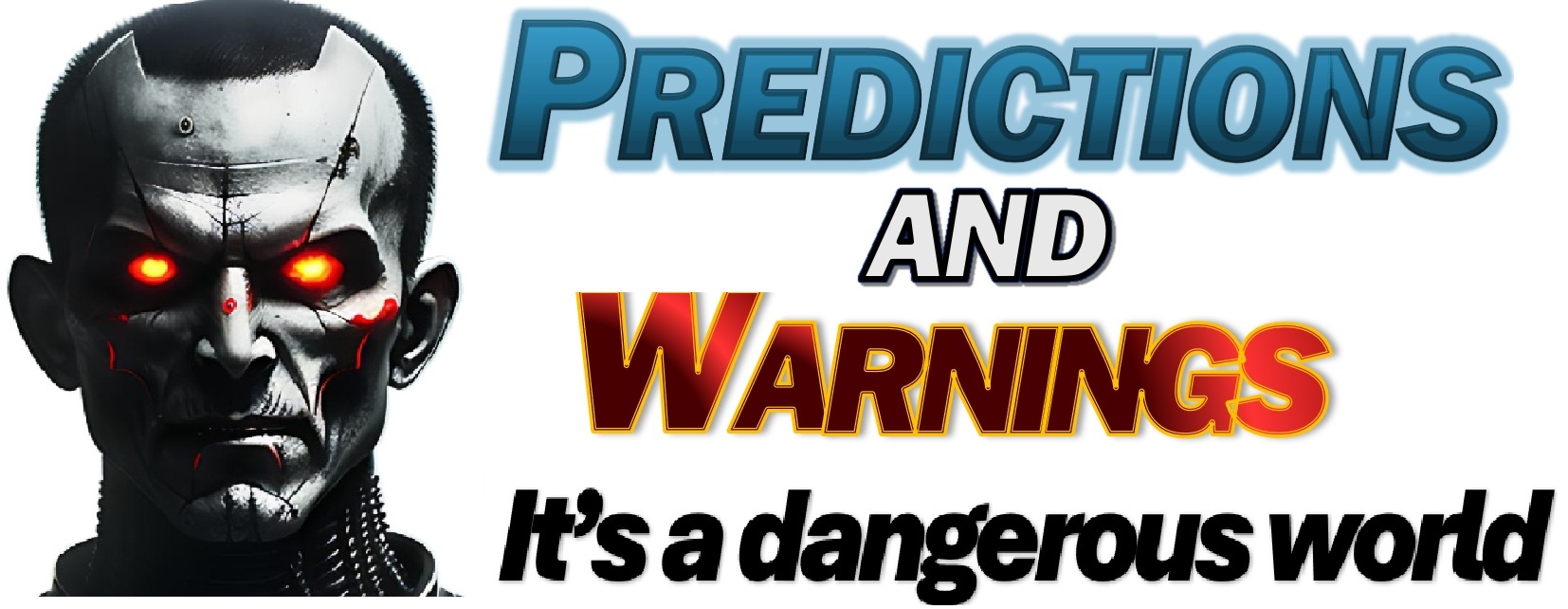Welcome to Nazi Germany?
Journalists in the United States are facing unprecedented pressure and fear of retribution under President Donald Trump’s administration, particularly during his second term. This climate is marked by direct threats, legal actions, regulatory scrutiny, and an escalation of hostile rhetoric, leading to significant changes in newsroom behavior and a chilling effect on press freedom and the broader health of American democracy.
“Executives at major media outlets are reportedly instructing their newsrooms to temper their coverage of President Trump and his administration amid growing fears of political retribution,” Axios reports.
“President Trump may not have the political power to pass laws that hurt the press, but his threats of regulatory scrutiny and private lawsuits have proven just as damaging in silencing his critics.”
Journalists have historically faced pressure and intimidation under authoritarian regimes, most infamously in Nazi Germany. That stated, Nazi Germany’s suppression was absolute, enforced by law, and backed by the threat of imprisonment, torture, or death. In the U.S., press freedom remains constitutionally protected, but the Trump administration’s tactics—legal threats, regulatory pressure, and public intimidation—have created a climate of fear and self-censorship.
Hence, the U.S. may be headed in that direction.
After coming to power in 1933, the Nazi regime rapidly dismantled press freedom. The Schriftleitergesetz (Editor’s Law) of 1933 required journalists to register with the state, prove “Aryan” descent, and demonstrate loyalty to Nazi ideology. Journalists who failed to comply—whether for racial, political, or ethical reasons—lost their jobs, faced arrest, or worse.

In Nazi Germany, journalists operated under constant threat. The Gestapo monitored communications, and even a joke about Hitler could result in imprisonment or death. Foreign correspondents, while not subject to the same laws, were surveilled, had their communications intercepted, and risked expulsion or worse if they reported critically on the regime.
All media was tightly controlled by Joseph Goebbels’ Ministry of Propaganda. Dissenting newspapers were shut down, and those that remained were forced to print only state-approved content. Resistance or independent reporting was met with swift and often brutal retribution.
A lot of Trumpers see nothing wrong with this, but rest assured, they’d lose their minds if the situation were reversed and a Democrat president tried to muzzle media critical of her/him.
These situations never help the public. They help a select few by giving them the power to create an alternative reality of lies.
PREDICTION: At some point, if America starts to mimic Nazi Germany, many of those Trump supporters who have no issue with the demise of press freedom today will eventually come to hate it, regardless of who is in office.
Comparison Table: Nazi Germany vs. Trump-Era U.S.
| Aspect | Nazi Germany | Trump-Era United States |
|---|---|---|
| Legal Suppression | Press freedom abolished by law; dissent criminalized, journalists arrested or killed | No formal abolition of press freedom; threats via lawsuits, regulatory scrutiny, and access restrictions |
| Surveillance & Intimidation | Gestapo surveillance, fear of imprisonment or death for dissent | Public vilification, threats of legal action, and regulatory pressure |
| Media Control | State monopoly on all media, forced propaganda | No state monopoly, but efforts to manipulate coverage and punish critical outlets |
| Self-Censorship | Widespread, under threat of severe punishment | Growing, due to fear of retribution and loss of access |
While the United States under Trump does not approach the totalitarian control and lethal consequences faced by journalists in Nazi Germany, the growing pressure, intimidation, and self-censorship in American newsrooms echo some of the early warning signs seen in more repressive regimes. The comparison underscores the fragility of press freedom and the importance of vigilance in defending it, even in established democracies.

